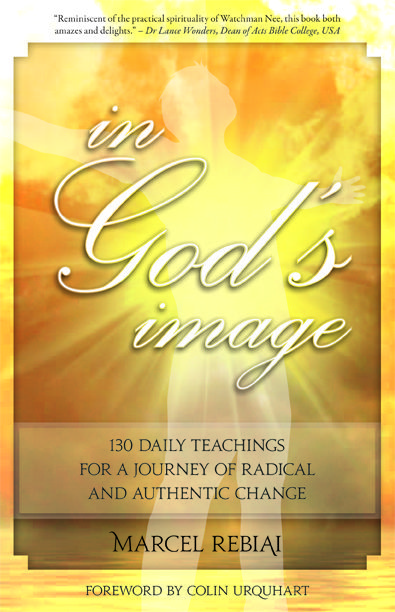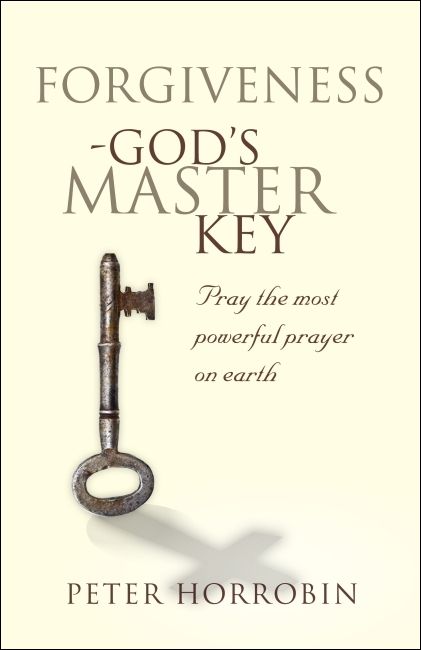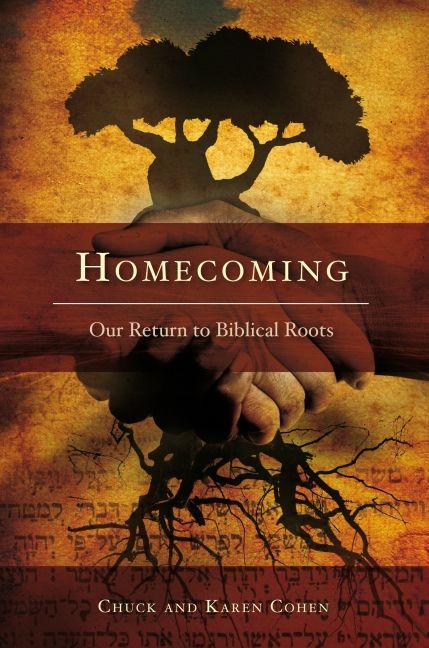
Common Sense
by Denise Cross
Growing up, I was often urged to ‘use my common sense’. I was never quite sure what ‘common sense’ was but, clearly, I wasn’t using it to get the required outcome. So, what is this ‘common sense’ that seemed so desirable. People call it common sense when it fits their common understanding, and we learn this ‘common sense’ as we grow up by observing and moulding ourselves to their ways. How they think and how they behave gives us a sense of what is reasonable and right and this is what people then called ‘common sense’. It is seen as the obvious way to understand and act. But it seems to me that using our common sense is not always so desirable.
When Paul and his shipmates were shipwrecked on the island of Malta, the islanders turned out in the cold and rain to help them. They lit a fire to warm the traumatised seafarers after their stormy ordeal, and Paul gathered a bundle of sticks to add to the fire. It was at that moment that a poisonous snake bit him. The islanders using their ‘common sense’ about this event, decide that fate has decreed he should die, even after surviving the shipwreck (probably because he was a murderer so deserved to die). But, Paul didn’t die. He shook off the snake and seemed to suffer no immediate ill effects. The onlookers waited and watched. They fully expected that he would, in due course, suffer dire consequences. After all, they reasoned, it’s common sense that he will suffer and die when bitten by a poisonous snake. But, when Paul didn’t die or suffer any harm, they reassessed their understanding and, in the new outworking of their common sense, declared, “He must be a god”. Neither of these ways of reasoning, made by their combined understanding, was helpful to them. Their common sense had become a limiting factor. Their common sense did not include the possibility of God’s intervention.
The scriptures tell other stories of people who, using their common sense, misunderstood their situation. The women standing before the empty tomb asked where the dead body of Jesus had been taken. Their common sense told them dead bodies don’t move on their own, so someone must have moved Jesus’ corpse. Peter argued with God on a roof top in Joppa, because his common sense told him that you don’t eat unclean food if you want to be righteous and to please God.
These people were trying to understand and respond with their human reasoning. They were subconsciously thinking, “What does my common-sense tell me about this?”. But can we do this too? What would your common sense tell you if someone was bitten by a deadly venomous bamboo snake, and yet didn’t die? Would we, using commonly held knowledge gained from nature documentaries, conclude that the snake was obviously not a bamboo snake but something quite harmless, or that the man was immune, or had been inoculated with anti-venom, or that the snake was too young to be poisonous. That’s all common sense, isn’t it?
It is through our personal experiences of God and His ways, including His miraculous intervention into our world, that we, as believers, recognise the limitations of what we might call ‘common sense’. Our old ways of perceiving need to be transformed by new expectations and understanding of God. Then our understanding will be in common with God, not in common with the world, with all its limitations. Then we will truly have life-enhancing ‘common sense’.
Prayer: Dear Father in Heaven, I want to learn to reason, not with my own common sense based on experience, science, culture or world-thinking, but with my spirit and mind open to Your understanding. I pray that I may increasingly come into a new common sense that allows me to share Jesus’ view of any situations, and that I will increasingly have the mind of Christ. In Jesus’ name, I pray. Amen.
Please feel free to use this devotional to send on to your friends or share with your church fellowship. Provided full acknowledgement is made to Seeds of the Kingdom as the source, you are also welcome to use it in a non-commercial way and reproduce it in magazines or other Christian websites. The copyright for any commercial use of the material remains with Ellel Ministries International.













